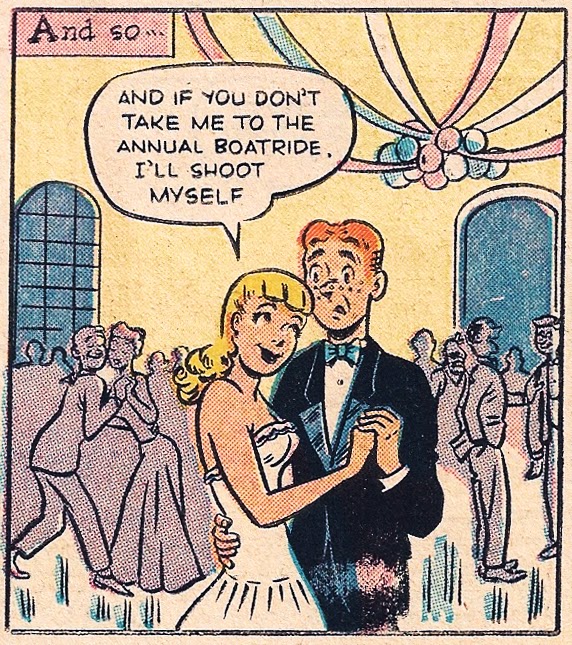in, out, and about the box [for Charlie Hebdo]
If a cartoonist draws Muhammad, he or she invariably will frame that drawing between four straight lines, a graphic representation of a box. Herein lies a problem: Nobody puts Muhammad in a box.
The Muhammad in a Box was a toy popular in the fifties. You turned the crank and it played a tune. But Muhammad never popped out. Angry parents would take the toy to the manufacturer and complain. The manufacturer invariably told them that Muhammad does not “pop out.” Such would be unseemly.
Some asked if Muhammad was really in the box. Here the manufacturer had to be clever. He said that Muhammad was, in fact, simultaneously in the box and not in the box at the same time. Possibly with, or without, a cat. “Is he or isn’t he?” they would ask. And he would reply “It depends on whether you want him to be. Do you want him to be? Are you looking? What are your expectations? Would you know him if you saw him? Would you know him from Jack? Perhaps you and your questioning are really the issue here.”
In this way, while there was never a no-return policy, the lack of returns was assured.
Sometimes people would journey to the manufacturer and ask, “If Muhammad is in the box, what is he doing in there?” and associated questions like, “How did he come to be in the box, if that is where he is?” and “Is there possibly anyone else in there?” sometimes followed by “and how do they get along?” Occasionally a traveler looking for answers would become clever and ask, “Are we even talking about the same Muhammad? It is a very common name.”
The manufacturer would say, “No one knows” “It is matter for the scholars” “How is it any of your business?” “With the utmost hospitality, as is the custom” and “Look in your own heart.”
The fast food outlet Muhammad in the Box makes the best falafel, granted the locations are difficult to find. They neither advertise or have a logo. But their falafel is the best, or at least that’s what they keep telling me.
——
From the upcoming book Tragic Stories Disguised as Jokes by David Raffin
***
And also an excerpt from Viva Chapeau
from the book Rhyme or Treason (the hard fought illusion of choice) by David Raffin :
Now, Islam is the youngest of the three faiths descended from Judaism.
Muslims pray on a schedule five times a day. Five Times. I am amazed you can get any suicide killings planned and carried out on that kind of a schedule.
In this country a lot of people believe “Moslem” is synonymous with “terrorist.”
This is probably unfair. Like all the Jews who don’t run people over with bulldozers, and all the Christians who don’t torture people, there are all those Moslems who defy categorization by not blowing anything up. In mathematics there is a phrase for all of these people in all three groups: they are individuals who fall outside the standard deviation.
It should be pointed out that men wearing turbans are more than likely not Moslems but Sikhs. I have nothing disparaging to say about the turban. The turban is a perfectly fine piece of headgear. In fact, I like to think the turban is a great mystery box that may hold many fascinating things.
In the 1970s, in the Saturday morning cartoon starring the Harlem Globetrotters, there was a character (“Sweet Lou” Dunbar) who could at any point reach into his giant Afro and pull out whatever was needed. I like to think this about the turban.
It may not be true, but that has never stopped the propagation of any belief.


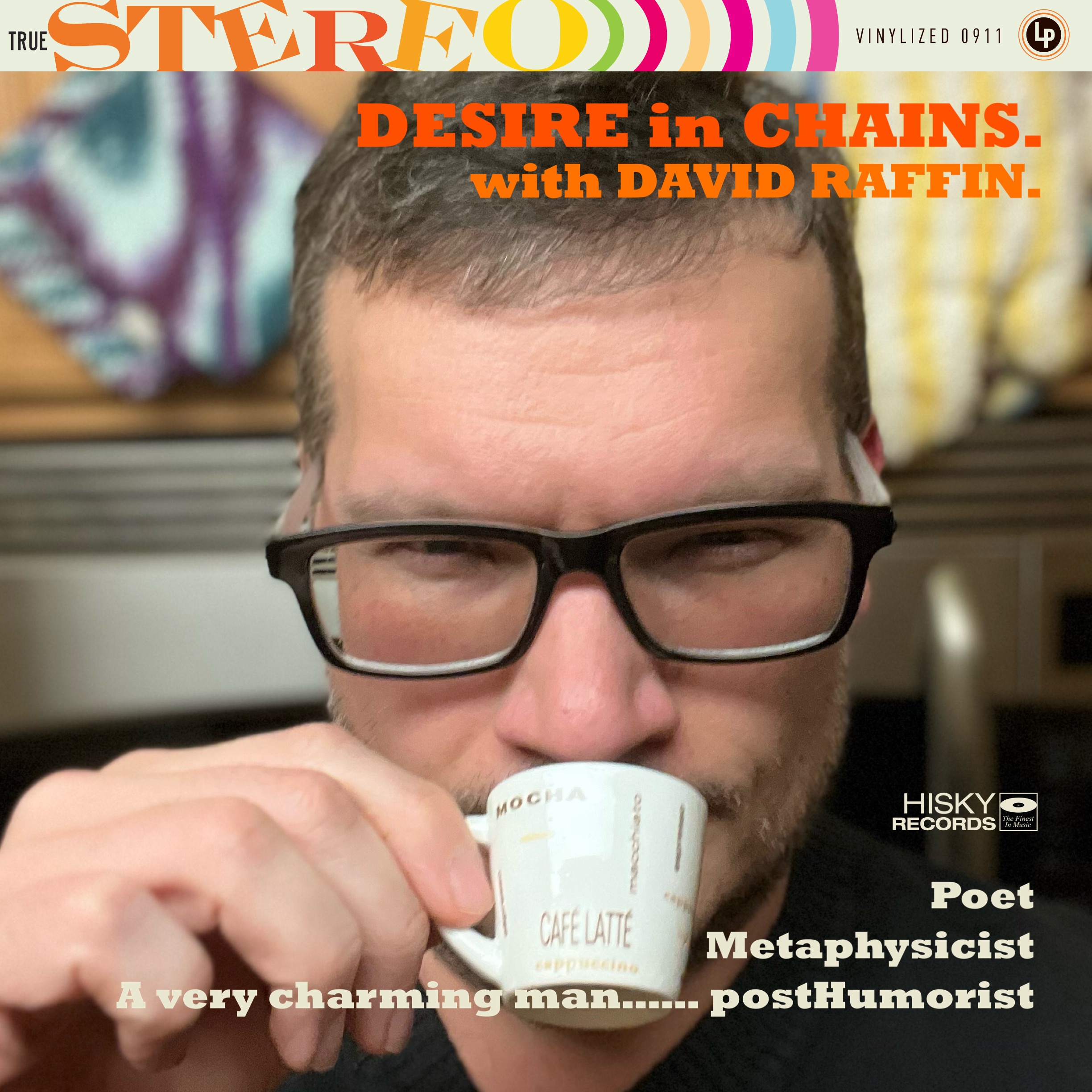



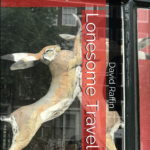
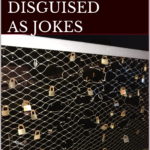







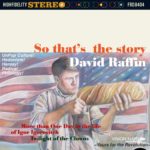

 RSS - Posts
RSS - Posts





